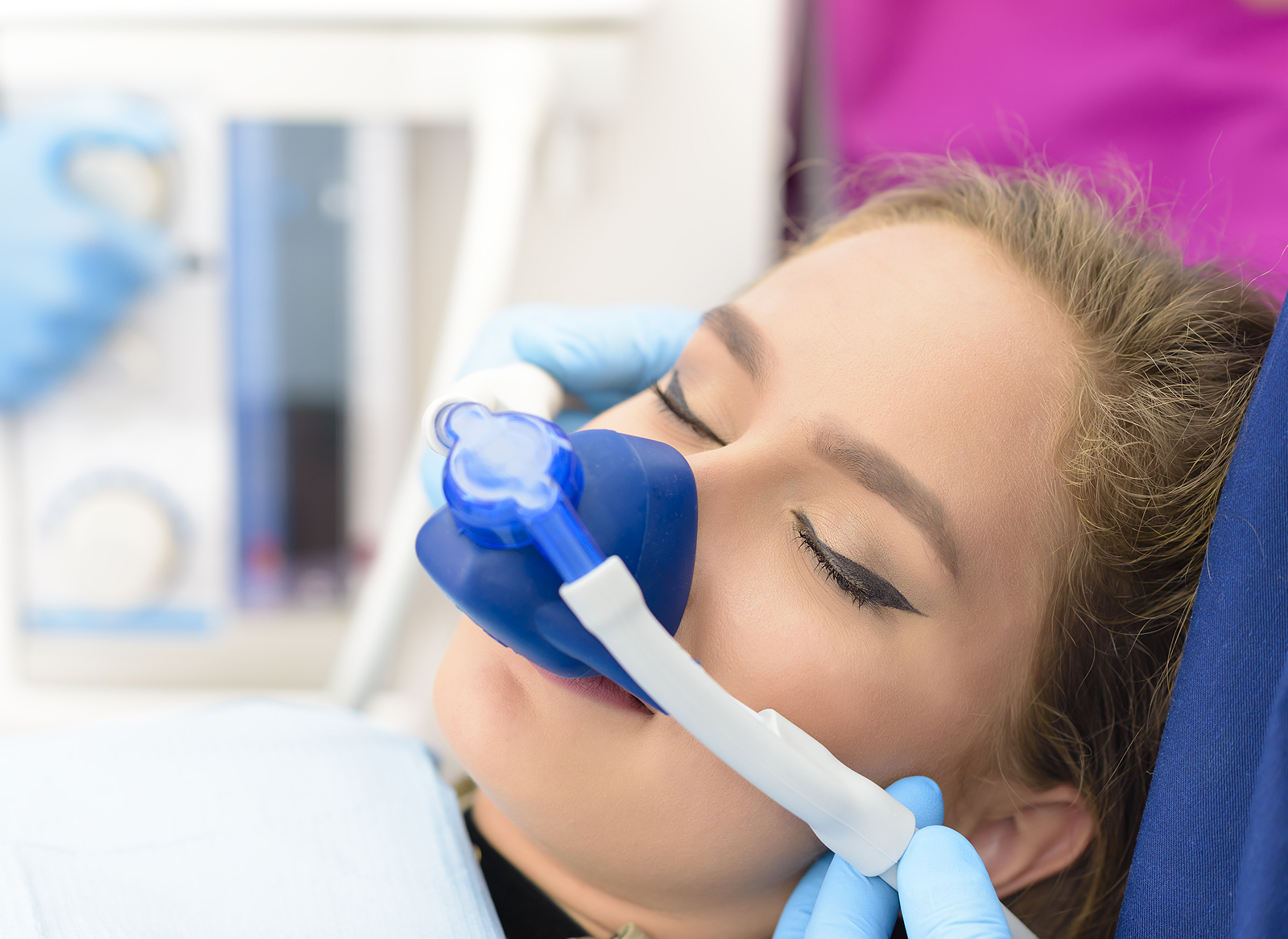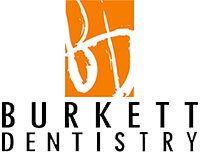
Sedation dentistry refers to the use of pharmacological agents to calm and relax a patient prior to and during a dental appointment. The pharmacological agents usually belong to a class of drugs called sedatives, which exert their action by depressing the central nervous system, specifically those areas concerned with conscious awareness.
There are different degrees of central nervous system depression, each corresponding to a level of relaxation which ranges from minimal, moderate, to deep sedation. In general, minimal sedation refers to a patient who has reduced anxiety but readily responds to verbal or physical stimulation. With moderate sedation the patient is even more relaxed, and will respond to purposeful stimulation. In deep sedation, the patient may not exhibit any signs of consciousness and therefore be unresponsive to stimulation.
Sedation dentistry has become popular because it offers benefits for both the patient and the dentist. For some patient groups, the use of sedation dentistry is the only way that they can get the dental care they need and improve their dental health. Dental sedation can offer:[1]
- Patient relaxation
- Increased comfort
- Movement control
- Patient co-operation
- Control of gag reflex
- Little or no memory of treatment
- Time saving – Fewer appointments needed
For more information please feel free to call our office at (956) 583-9600 or send us an email by clicking HERE.
Wikipedia (Link to article) Content under Creative Commons Attribution-ShareAlike 3.0 Unported License
